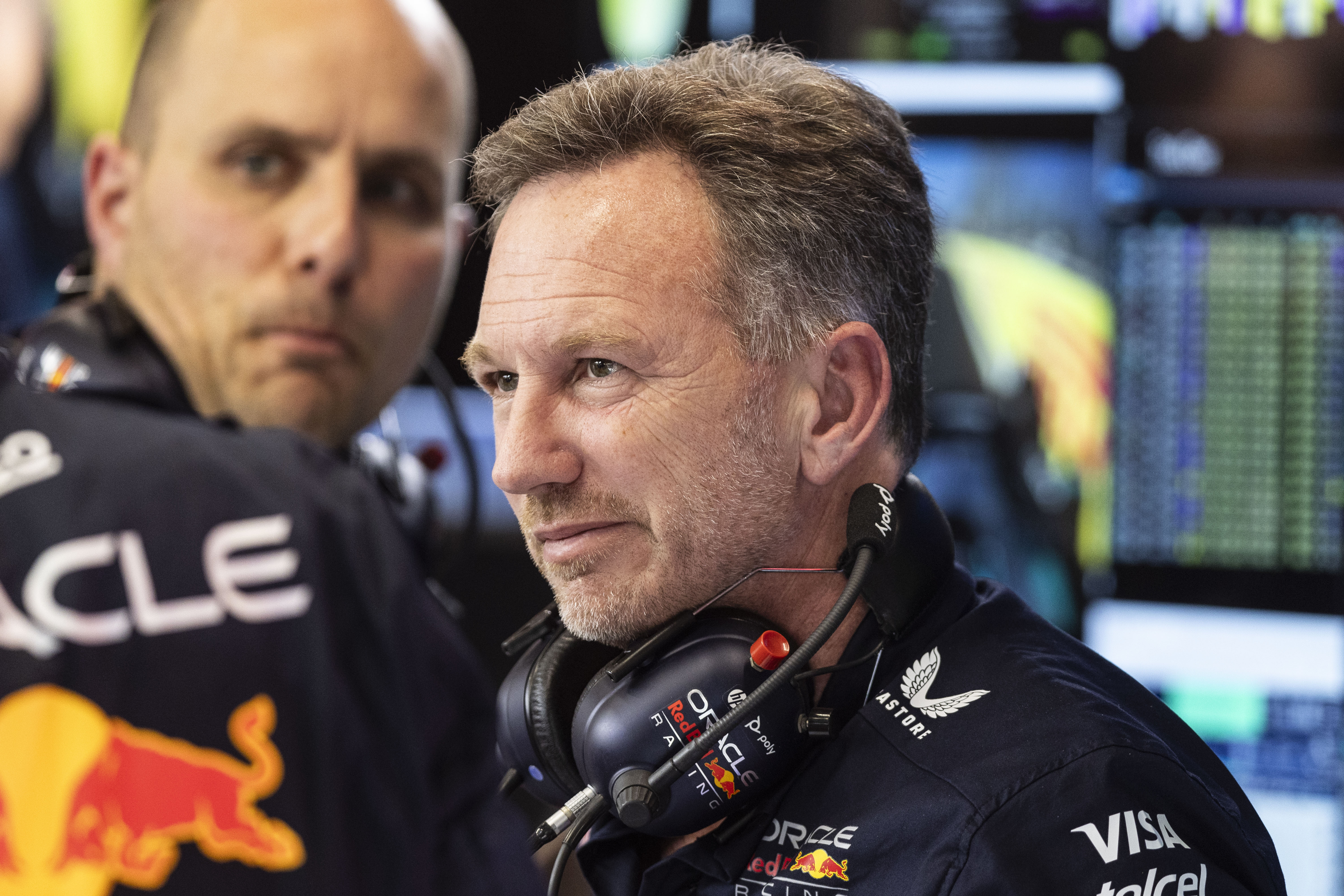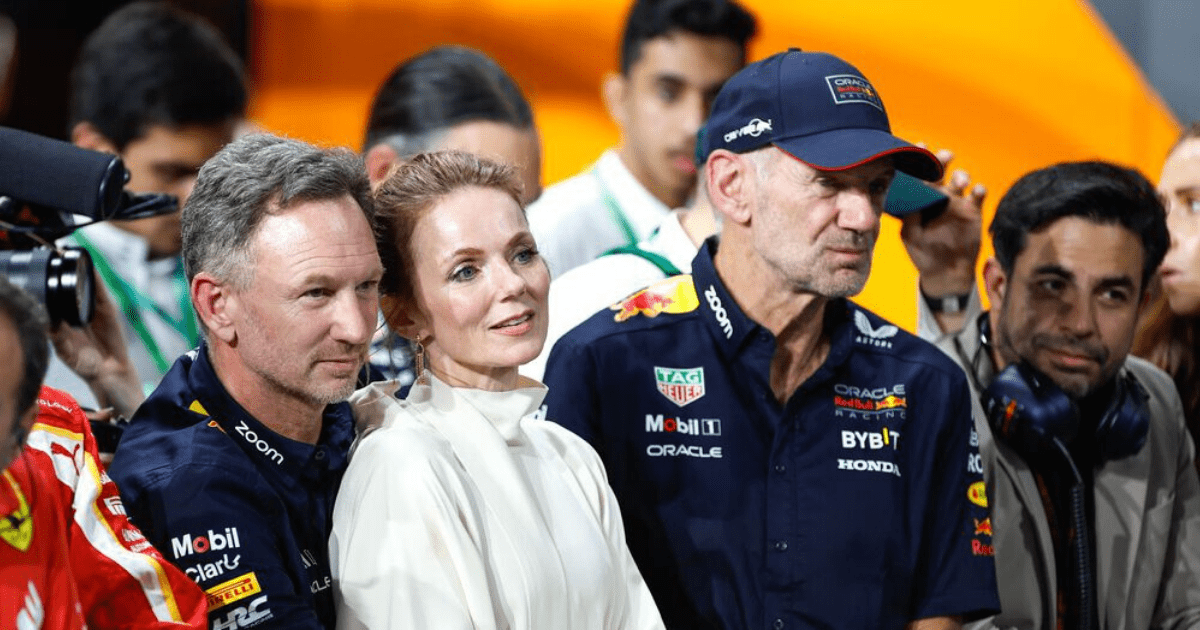Accuser Disappointed by Red Bull's Handling of Scandal
The woman accusing Christian Horner of misconduct says she feels let down by the Red Bull team after the F1 chief was cleared by an independent investigation. Despite raising concerns in private, she was suspended from her job.
Questions Raised About Red Bull's Investigation
A friend of the accuser casts doubt on the transparency of Red Bull's investigation, questioning who had access to confidential material and who made the decisions. The accuser emphasizes the need for transparency in the process.
Employee Reportedly Preparing to Appeal
Amid the scandal, the employee is reportedly preparing to appeal the decision. An F1 source expressed concern that the handling of the situation may discourage other women in the sport from coming forward with similar issues.
Allegations Against Horner and Calls for Action
Former F1 driver Christijan Albers warns that more allegations may surface, expressing concern over the power held by Horner. Meanwhile, Max Verstappen's dad Jos calls for Horner to be axed, accusing him of tearing the team apart.

Horner and Geri Put on United Front
Despite the controversy, Horner and his wife Geri presented a united front in Saudi Arabia, where they watched Max Verstappen win. Horner expressed a desire to move on from the scandal and focus on racing, while reports suggest Geri is struggling with the situation.
Frequently Asked Questions
What are the benefits of hybrid engines in Formula 1?
The Energy Recovery System, also known as hybrid technology in Formula 1, is important because it improves the engine’s efficiency and performance. ERS can store energy that would otherwise be lost due to braking or heat dissipation. It allows drivers access to additional power through a kinetic and heat energy recovery systems (H-ERS), which contributes to overtaking maneuvers or defending positions.
What improvements have been made to tire technology for Formula 1 in recent years?
The technology of Formula 1 tires has advanced significantly. Advancements have been made in the areas of compounds, construction and performance. Tire compounds can be developed to fit different track temperatures, conditions and strategies. The tire construction has improved, increasing strength, durability and grip. Additionally, developments in tread patterns and contact surfaces aim to optimize performance across the race distance, balancing grip against wear and degradation.
What innovations have increased fuel efficiency in Formula 1 engine?
Formula 1 engines have become more fuel efficient thanks to several innovations. Turbocharging enables smaller displacement engines produce more power while using less fuel. Direct fuel injection provides precise fuel delivery for better combustion efficiency. Energy Recovery System (ERS), which captures and reuses waste energy, reduces the fuel requirement. These and many other improvements contribute to the sustainability and efficiency of modern F1 power unit.
Statistics
- The minimum weight for a Formula 1 car, including the driver but excluding fuel, is set at 752 kg for the 2023 season.
- Since the hybrid power units were introduced in 2014, thermal efficiency has increased from around 29% to surpass 50%, a remarkable figure compared to standard road car engines.
- Computational fluid dynamics simulations are capable of calculating around 300 million mesh points to simulate airflow around a Formula 1 car.
- Formula 1 engines can rev up to 15,000 RPM, a decrease from the 18,000 RPM limit set prior to the 2014 regulation changes.
- The halo device introduced into Formula 1 in 2018 is designed to withstand the equivalent weight of a London double-decker bus.
- Wind tunnel testing for Formula 1 cars is limited by regulations, with teams only allowed a maximum of 40 hours of running per eight-day aerodynamic testing period.
- Formula 1 races on average have over 300 sensors on a car, generating more than 1.5 billion data points over a race weekend.
- A Formula 1 steering wheel is one of the most complex components of the car, costing up to $50,000 to produce.
External Links
formula1.com
f1chronicle.com
autosport.com
pirelli.com
autocar.co.uk
renaultsport.com
mercedesamgf1.com
techradar.com
How To
How to Get Up-to-Date on F1 Carbon Fiber Composite Technology
Researching the materials used to construct monocoques (body panels, wings and wings) is a good way to stay current on F1 composite carbon fiber technology. Research how the properties and performance of carbon fibre composites affect car safety and performance. Attend conferences and trade fairs related to materials sciences, and keep an eye on leading F1 team and component manufacturers. They will announce breakthroughs in carbon fiber technologies and their applications within the sport.

